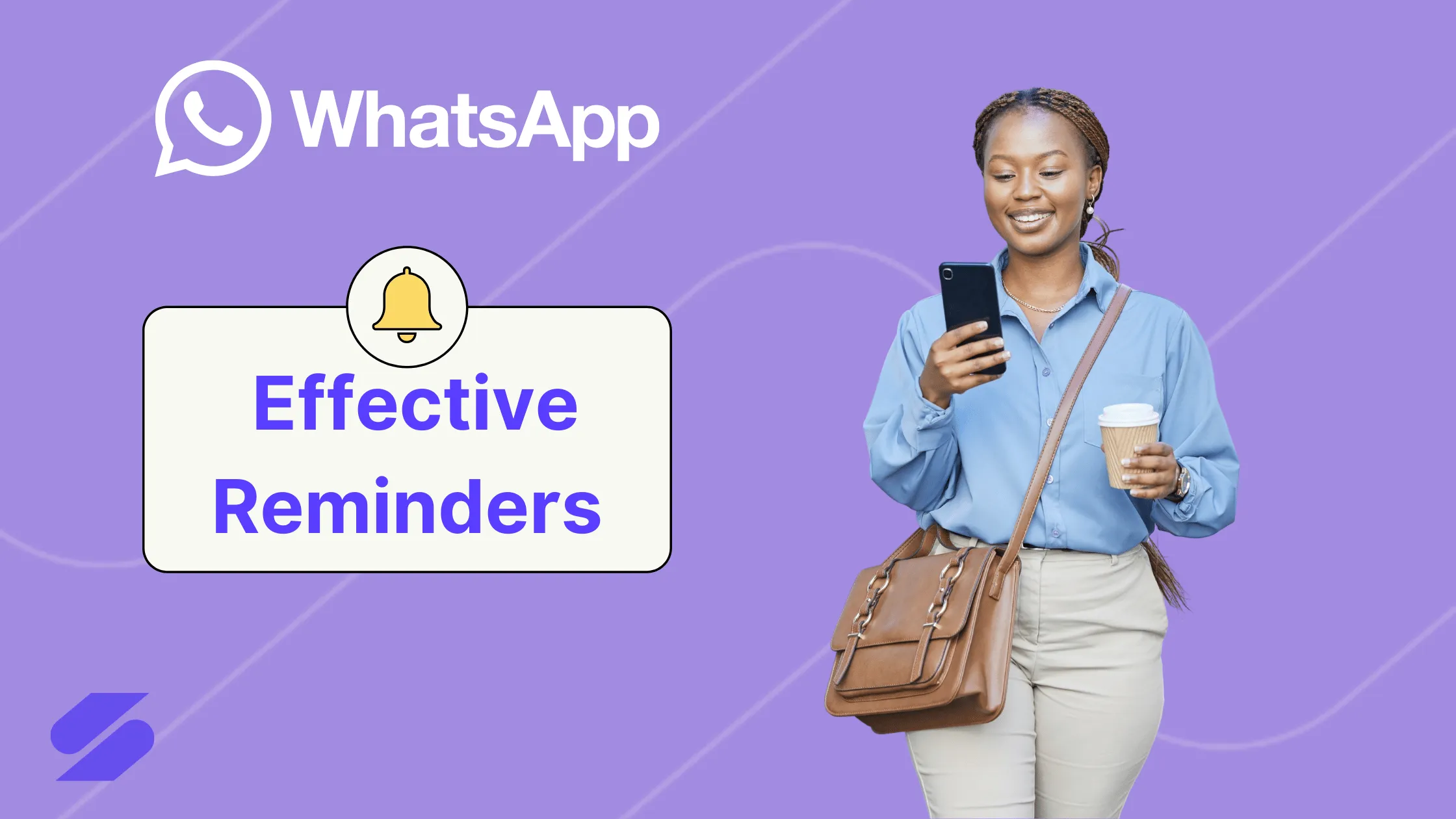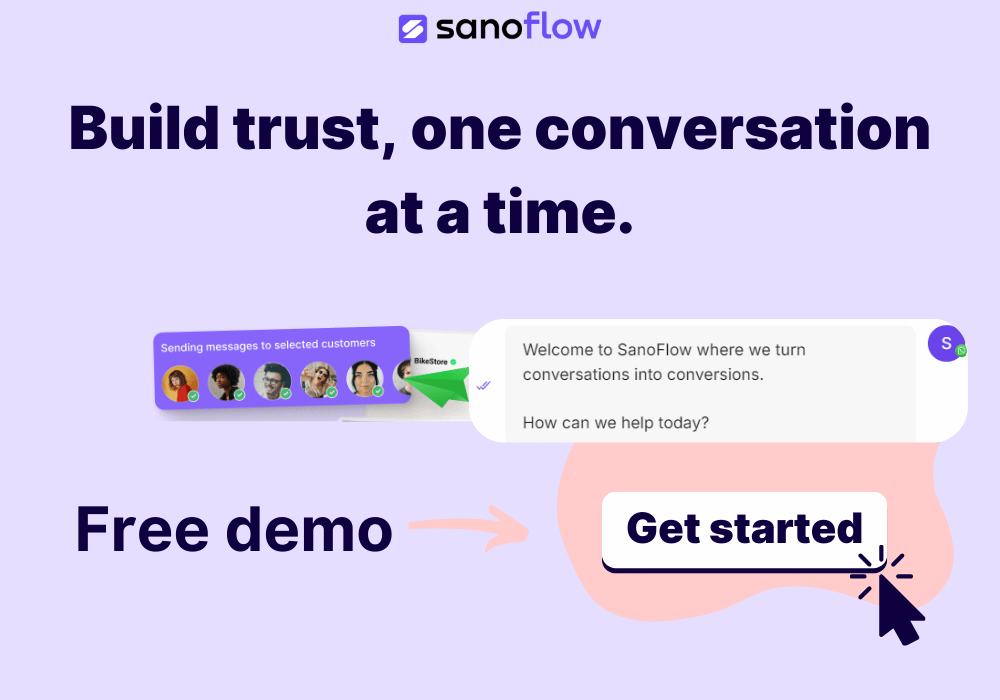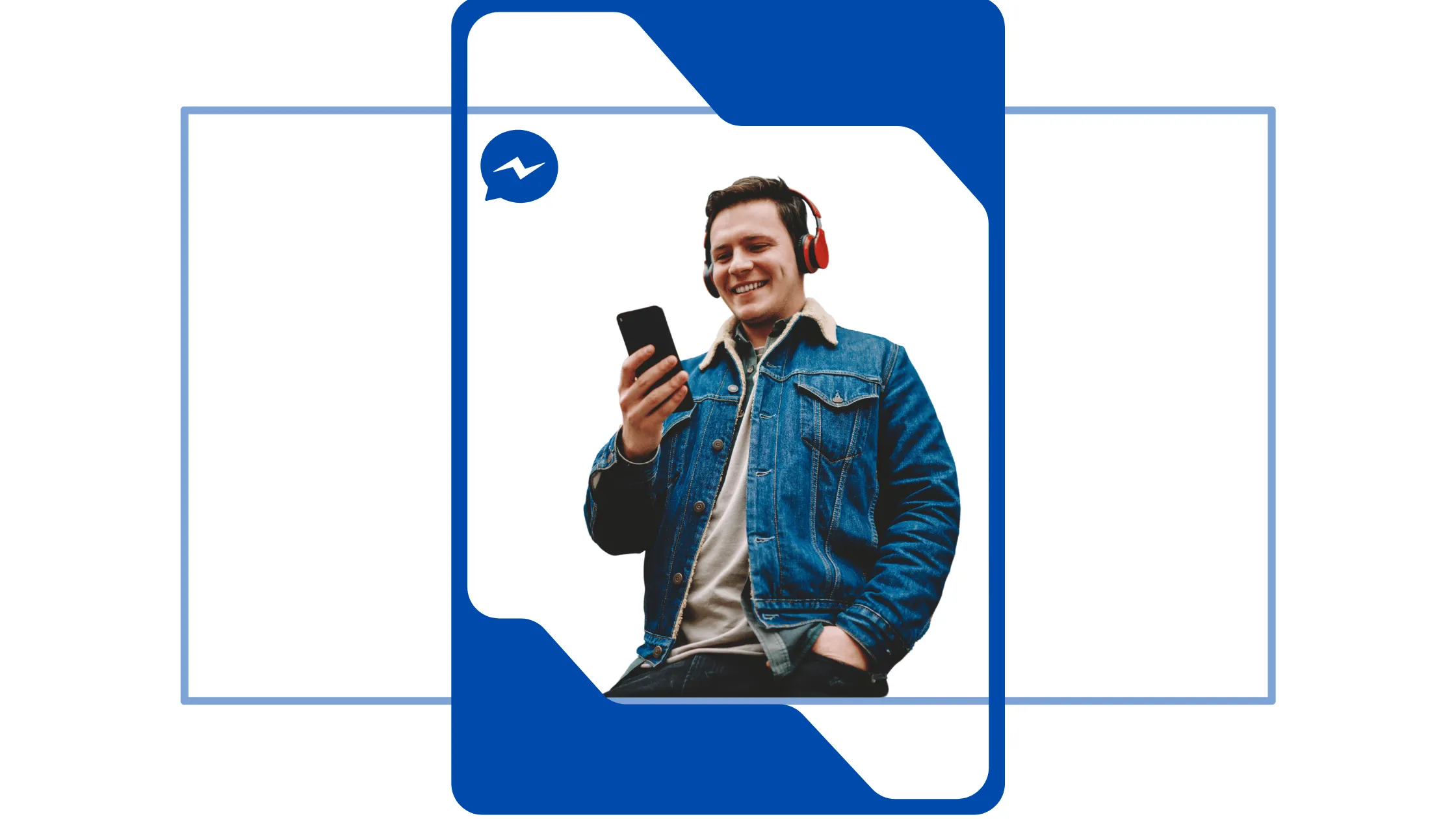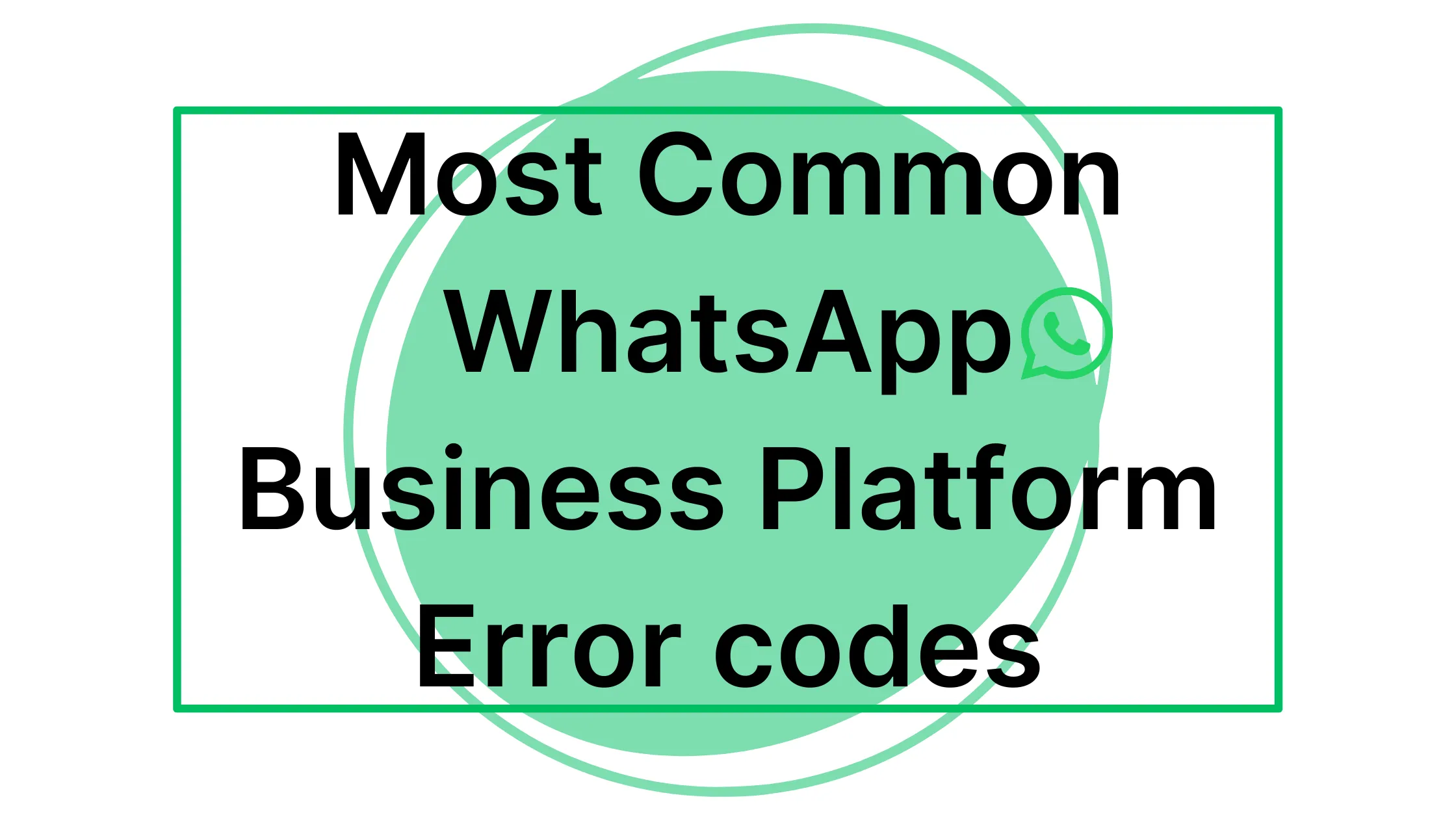Key Takeaways:
- Healthcare CRM systems help organize patient communication, improve engagement, and streamline administrative tasks.
- Sanoflow‘s CRM offers features like unified messaging, AI-powered assistance, and customizable workflows to enhance healthcare communication.
- Real-time patient insights help healthcare providers personalize treatment and improve patient satisfaction.
Healthcare CRM benefits for Patient Management is the most efficient way to communicate with patients, manage records, and ensure optimal care. A Healthcare CRM (Customer Relationship Management) system helps manage these processes smoothly, improving patient outcomes and experience. By centralizing communication and streamlining workflows, healthcare CRM systems enable providers to focus more on delivering quality patient care rather than handling administrative burdens.
1. Unified Messaging
Healthcare CRM systems like Sanoflow integrate communication channels such as WhatsApp, Facebook Messenger, email, and SMS, giving patients the flexibility to use their preferred methods. This leads to better patient engagement and satisfaction, as patients can easily contact healthcare providers in a comfortable and convenient way.
- All communication is in one place, improving efficiency for healthcare staff.
- Easy integration with popular messaging apps and tools.
- Faster response times and improved patient satisfaction due to seamless communication.
- Enhanced team collaboration by centralizing patient conversations.
2. Personalized Communication
With AI, the CRM sends customized responses that cater to patients’ unique needs. Sanoflow‘s AI-powered tools help summarize conversations and suggest replies, speeding up response time and improving the quality of communication. Personalized communication ensures that patients feel valued and understood, positively impacting their overall experience.
- AI-generated responses for efficiency and personalized touch.
- Personalized templates for individual patients, creating a customized care experience.
- Automated segmentation of patients based on needs, ensuring relevant information is communicated to the right individuals.
3. Automated Reminders
Sanoflow allows healthcare providers to set automated reminders for follow-up appointments, ensuring no missed appointments and better patient adherence to treatment plans. Reminders can be sent via various channels, including SMS, email, and messaging apps, helping reduce no-show rates and keeping patients on track with their care.
- Automated follow-up reminders reduce administrative workload.
- Improved patient adherence to treatment schedules, enhancing health outcomes.
- Multiple channels for reminder delivery, allowing patients to receive updates in their preferred way.
- Consistent follow-up reminders help build trust between healthcare providers and patients.
4. Improving Patient Engagement
Healthcare CRM systems boost engagement by allowing patients to access communication in ways they prefer. Whether through messaging apps, email, or phone calls, patients are given more options for staying in touch with their providers. Engaged patients are more likely to be proactive about their health and follow treatment plans effectively.
- Multiple channels for patient interaction, allowing for personalized experiences.
- Engaged patients are more likely to follow treatment plans and stay committed to their healthcare journey.
- Educational content sharing through CRM to help patients better understand their condition and treatment options.
- Creating a more comfortable and patient-centric communication approach.
5. Scalability for Different Healthcare Needs
Sanoflow‘s CRM is scalable, and suitable for healthcare organizations of any size—from small clinics to larger hospitals. This scalability makes the system future-proof as your practice grows, and the ability to adapt to the changing needs of healthcare providers ensures that the CRM remains effective over time.
- Scalable for small, medium, and large healthcare providers, adapting as the organization grows.
- Future-proof solution as your practice expands, allowing you to add more features or users.
- Adapts to evolving healthcare needs and industry standards.
- Easily customizable to cater to different specialties and care approaches.
6. Unified Patient Profiles
With Sanoflow, every patient has a single, unified profile that stores all their medical information, communication history, and appointment records. This comprehensive view means better care for patients as all healthcare information is easily accessible, allowing providers to have a holistic understanding of each patient’s unique needs.
- Complete patient history in one place, enabling more informed decision-making.
- Easy access to communication logs and medical information, reducing redundancy and improving workflow.
- Improved decision-making based on comprehensive patient data, leading to better outcomes.
- Ability to track patient preferences, such as preferred communication channels and care options.
- Enhancing care coordination by allowing multiple healthcare professionals to access the same patient profile.
7. Customizable Workflows and Pipelines
The CRM provides customizable sales pipelines that allow for better visibility of a patient’s journey—whether they are scheduling an appointment or following up after treatment. This visualization can help healthcare providers make quick decisions and keep track of patient’s progress throughout their treatment.
- Customizable pipelines to track patient journeys, ensuring no steps are missed.
- Improved follow-up and patient management by creating tailored workflows.
- Automate tasks such as appointment scheduling, billing, and patient follow-ups.
- Efficiently manage internal processes, freeing up time for patient care.
8. Real-Time Analytics for Better Care
CRMs like Sanoflow provide real-time insights into patient interactions and treatment effectiveness. This feature allows healthcare providers to track engagement, identify trends, and pinpoint any issues early on, leading to better care and outcomes. Analytics help professionals make informed decisions and tailor treatment approaches based on actual patient behavior.
- Real-time tracking of patient interactions, ensuring proactive care.
- Data-driven decision-making for improved patient outcomes.
- Identify issues before they escalate, enabling timely interventions.
- Insights into staff performance, patient satisfaction, and areas for improvement.
- Ability to create personalized treatment plans based on data analytics.
Integration with Popular Tools
Sanoflow integrates with tools such as Google Calendar, WhatsApp Business API, and Electronic Health Record (EHR) systems, making managing appointments, accessing patient information, and communicating with patients more efficient. Learn more about our integrations.
- Seamless integration with popular scheduling tools, reducing administrative hassle.
- Improved patient communication with messaging tools like WhatsApp.
- Simplified data management through integration with EHR systems.
Data Security and Privacy
Patient data security is of utmost importance. Sanoflow CRM ensures compliance with security protocols like HIPAA, ensuring that patient data is kept private and secure at all times. This not only protects patient privacy but also fosters trust between healthcare providers and their patients.
- Compliance with HIPAA and other relevant data security standards.
- Secure data storage, ensuring that patient information is kept private.
- Role-based access control to ensure only authorized personnel can access sensitive data.
- Regular audits and updates to keep up with data protection requirements.
What is a Healthcare CRM?
A Healthcare CRM is a tool used by healthcare providers to manage patient communication, improve engagement, and streamline administrative processes. It helps professionals keep track of patient interactions, store medical records, and automate workflows, ultimately improving patient care.
How Does Sanoflow Help Manage Patient Information?
Sanoflow CRM provides unified patient profiles that store all relevant patient information, allowing healthcare providers to easily access medical history, notes, and appointment data. The comprehensive view enhances decision-making and care quality.
Why Should I Choose Sanoflow?
Sanoflow offers advanced AI tools, scalable features, and integration with popular messaging channels, making it ideal for providers who want to improve patient engagement and care. It’s designed to meet the needs of healthcare organizations of all sizes, from small clinics to large hospitals.
How Does CRM Improve Patient Engagement?
A healthcare CRM enables personalized communication, offers easy access to information, and automates reminders, making patients feel more connected and engaged in their healthcare. With Sanoflow‘s multi-channel communication options, patients can interact with providers through their preferred channels, leading to better engagement.
For more information, visit Sanoflow Healthcare Messaging.






